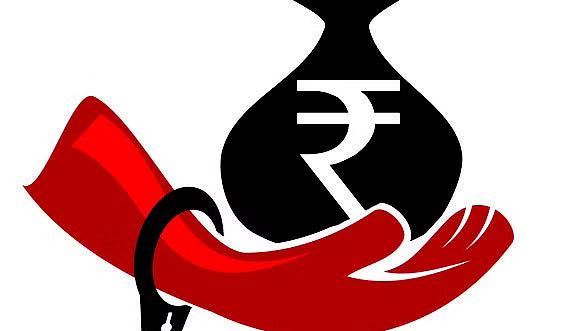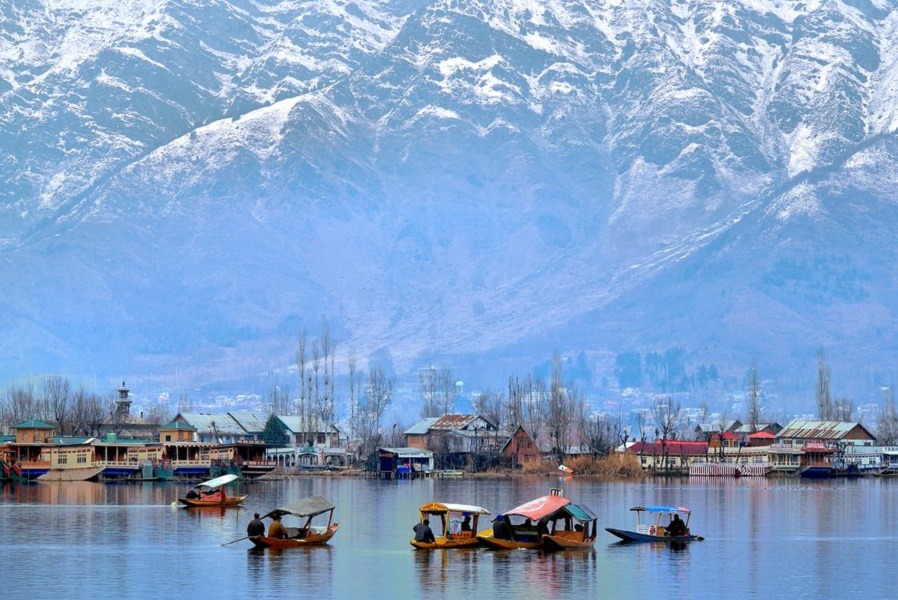New Delhi can’t afford to leave Kashmir midway
A robust security apparatus in Kashmir is essential to counteract both internal and external threats
The situation in Kashmir has long been a complex and volatile. As the geopolitical landscape shifts and regional tensions rise, New Delhi must maintain a robust and vigilant security presence in Kashmir, and it needs to understand that Kashmir cannot be left midway.
The lessons of past mistakes, particularly those seen in other conflict zones like Afghanistan, must guide India’s current and future policies to ensure stability and integration in this crucial region.
The US withdrawal from Afghanistan in the late 1990s provides a stark warning of the consequences of leaving a conflict-ridden area without a comprehensive security strategy. The hasty departure left a power vacuum that was quickly filled by the Taliban, leading to decades of instability, violence, and the resurgence of terrorist networks.
For India, the parallels with Kashmir are clear. A premature or incomplete disengagement could embolden anti-India elements, leading to a reversal of progress and a potential escalation of violence.
A robust security apparatus in Kashmir is essential to counteract both internal and external threats. This involves not just presence of the security forces but also intelligence gathering, community engagement, and infrastructural development to ensure long-term peace and stability.
Strengthening intelligence capabilities is crucial. This includes better surveillance, human intelligence networks, and collaboration with international intelligence agencies to preempt and counter terrorist activities.
Continued readiness of the security forces is essential. This means modernizing equipment, ensuring high morale of soldiers, and maintaining quick response units to address any immediate threats.
Building trust within local communities through community policing initiatives can help gather actionable intelligence and foster a sense of security among residents.
Strong political leadership is necessary to navigate the complex landscape of Kashmir. This involves making tough decisions to dismantle corrupt systems and ensuring that political leaders in the region are committed to national integration rather than personal gain.
Corruption among Kashmir-based political leaders has long been a barrier to progress. These leaders, driven by personal gain, often exploit the sentiments of the populace, leading to widespread disillusionment and unrest.
The need of the hour is to establish stringent accountability mechanisms to monitor and investigate corrupt activities that can help cleanse the political landscape. Strengthening processes to swiftly deal with corruption cases would ensure that those found guilty are punished, thereby setting a precedent.
Promoting transparency in governance through digital platforms and citizen engagement can reduce opportunities for corrupt practices.
Anti-India elements, both within and outside Kashmir, are continually working to sabotage efforts towards national integration. These groups propagate misinformation, and foster an environment of fear and hostility.
Effective communication strategies are vital in countering misinformation and building a narrative of unity and progress.
Engaging with local and national media proactively to highlight the positive developments and address concerns transparently can help in shaping public perception.
Engaging directly with local communities through outreach programs can build trust and counter the narratives propagated by anti-India groups.
Economic development is a key pillar in achieving long-term stability in Kashmir. Ensuring that the region benefits from economic growth can address many underlying issues of unrest and dissatisfaction. Investing in infrastructure projects such as roads, schools, hospitals, and communication networks can improve the quality of life and economic prospects in the region.
Enhancing educational facilities and programs can provide the youth with better prospects and divert them from potential involvement in anti-national activities.
The most challenging battle for New Delhi in Kashmir is fighting the internal enemies who work against national integration. These internal enemies include corrupt politicians and those who sympathize with or support separatist ideologies.
Another important aspect which New Delhi needs to focus on is the whistleblower protection. Implementing robust whistleblower protection mechanisms can encourage the reporting of corrupt activities without fear of retribution.
New Delhi cannot afford to leave Kashmir with unfinished commitments. The stakes are too high, and the potential consequences too severe. By learning from the mistakes of the past, especially the US experience in Afghanistan, India must ensure a comprehensive and sustained approach to security, political reform, economic development, and countering anti-India narratives.
The countdown to ensuring lasting peace and integration in Kashmir has begun, and New Delhi must rise to the challenge with determination and strategic foresight. The battle is as much against external threats as it is against internal vulnerabilities, and winning this battle requires unwavering commitment and cohesive action.
Article Source: https://www.greaterkashmir.com/editorial-page-3/new-delhi-cant-afford-to-leave-kashmir-midway/
New Delhi can’t afford to leave Kashmir midway Read More »







